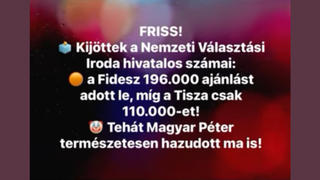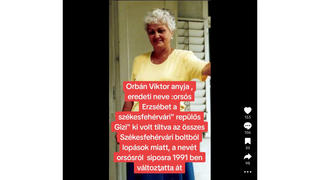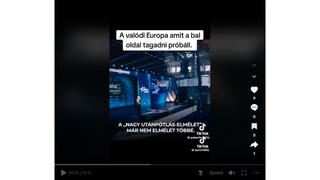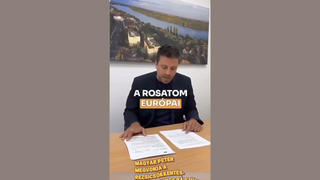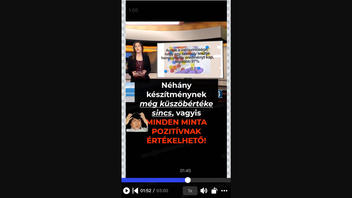
Did a Portuguese court in 2020 find that PCR tests were an unreliable method of determining COVID-19 infection, based on a "scientific study"? No, that's not true: The claim mischaracterizes the finding of the Portuguese court and the nature of an informal letter to the editor of a scientific journal that was not a "study," as well as the letter's content, which did not declare PCR testing was unreliable.
The claim appeared in a Hungarian-language video on TikTok on December 11, 2021. Its opening text (translated into English by Lead Stories staff), read:
Have you ever had a positive PCR test? Did you have to go into quarantine because of it?Then it's better if you know this!Portugal: The Court of Appeals destroyed the credibility of PCR TESTS and the CORONA QUARANTINE
In a small European country, Portugal, an amazing thing happened: On November 11, 2020, the Lisbon Court of Appeals ruled that the quarantining of four Portuguese people was illegal ... The court relied on scientific studies by Rita Charter and her colleagues. This study was prepared by the most famous respected professional group in the field and was published in the Oxford Academic Journal on September 28, 2020, the court said.The court came to the conclusion that if a PCR test is positive and the cycle threshold is 35 or higher -- which is the practice in most American and European laboratories -- then the probability of true infection is less than 3 percent. The probability that a person's positive test will get a false positive result is at least 97 percent. Some preparations don't even have a cycle threshold, meaning every sample can be evaluated as positive. This may sound frightening, but it's not really surprising.

Jaafar et al.'s letter, published some six months after the pandemic started, was not a declaration about PCR test reliability. Instead, it called for further research into the duration and frequency of viral shedding -- when an infected person expels a virus through bodily orifices -- among patients who test positive for COVID when PCR tests are set to higher sensitivity. This sensitivity is determined by a diagnostic machine's cycle threshold (Ct) -- that is, the number of cycles the machine runs to detect a virus' genetic material in a sample of bodily fluid, according to an explainer by Public Health Ontario.
The letter concluded:
We now need to try to understand and define the duration and frequency of live virus shedding in patients on a case-by-case basis in the rare cases when the PCR is positive beyond 10 days, often at a Ct >30. In any cases, these rare cases should not impact public health decisions.
Contrary to the claim, the global scientific consensus considers reverse-transcription polymerase chain reaction tests, or PCR tests for short, to be the "gold standard" for accurate detection of COVID infection.


